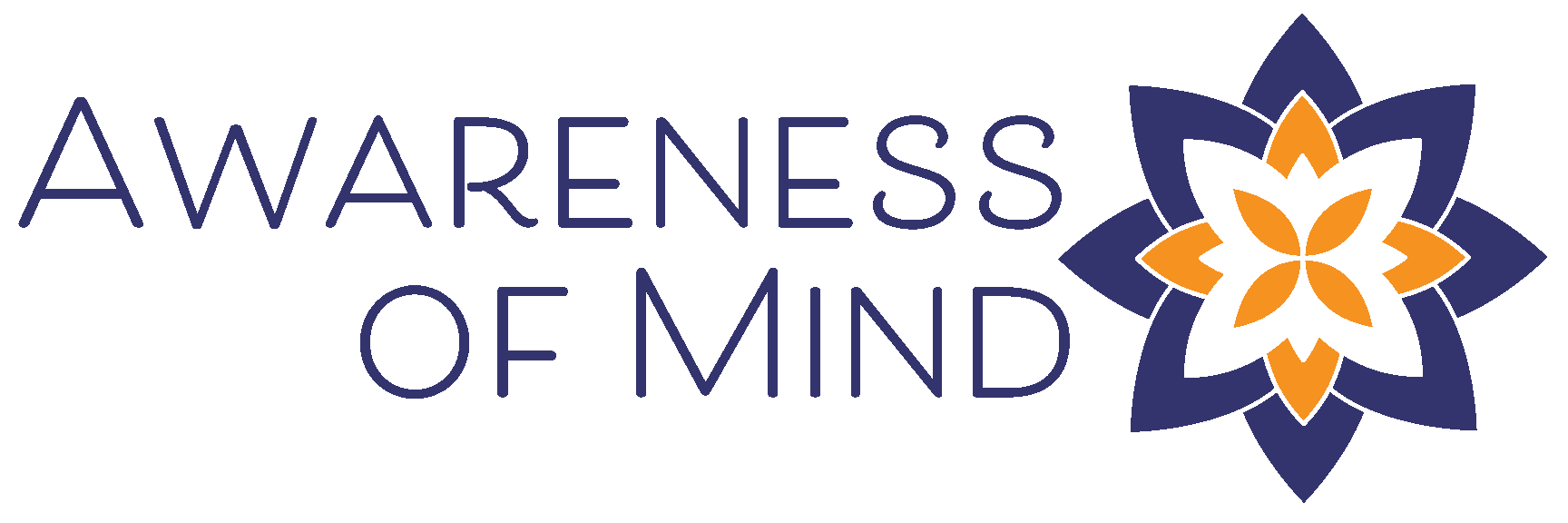It is a term that we began to hear more commonly over the last ten to twenty years. Did ADHD magically appear or has it always been around?
ADHD stands for Attention-deficit/hyperactivity disorder. The National Institute of Mental Health (NIMH) defines ADHD as “a disorder marked by an ongoing pattern of inattention and/or hyperactivity-impulsivity that interferes with functioning or development.”[source] Simply put, think of the main components – inattention, hyperactivity, impulsivity.
Many of us might often associate ADHD with children but in actuality, ADHD is present in both adults and children and the symptoms can appear differently with age meaning symptoms of a child in preschool can look different for them as they become an adolescent and differently in their adulthood, affecting relationships, school or work.
While researchers are not sure what causes ADHD but genetics is considered to be a likely cause. Other factors that can contribute include toxin exposure during pregnancy, low birth weight or brain injuries. In sum as ADDitude Magazine (an expert guide on ADHD) stated so eloquently, ADHD “is not caused by bad parenting, too much sugar, or too many video games.”
What are the symptoms? ADHD can be seen as:
Inattention means difficulty focusing, wandering mind, lack of persistent focus or attention on a task.
Hyperactivity or restlessness may look like someone who is constantly moving, “excessively fidgets, taps, or talks” [source].
Impulsivity is reacting in haste to something without thought which in turn could cause harm. This could be seen in a desire for immediate gratification or reward, making quick decisions without thought or consideration to the long-term effects. An example is someone with a box of cookies. They have been told or know they are to only have a few but the immediate gratitude of eating them all takes over.
How do you know if you or your child has ADHD? There is no clear test for diagnosis and only a mental health professional can properly diagnose. Curious if you or your child has ADHD, here are two tests to provide some insights: ADD Symptom Test for Adults or the ADD Symptom Test for Children.
ADHD is managed in different ways depending on the individuals and their symptoms but ranges from behavior modifications to medication. If you have a child or are a caring adult for a child with ADHD, you might be interested in this upcoming one-hour workshop:
How Parents + Caregivers Incorporate Mindfulness in Supporting a Child with ADHD
Thursday, April 8, 7pm EDT/ 4pm PDT
Led by Katie Potocnik-Medina, LMSW, parent and Middle School Social Worker who has been studying ADHD and working directly with families on this for the past decade.
